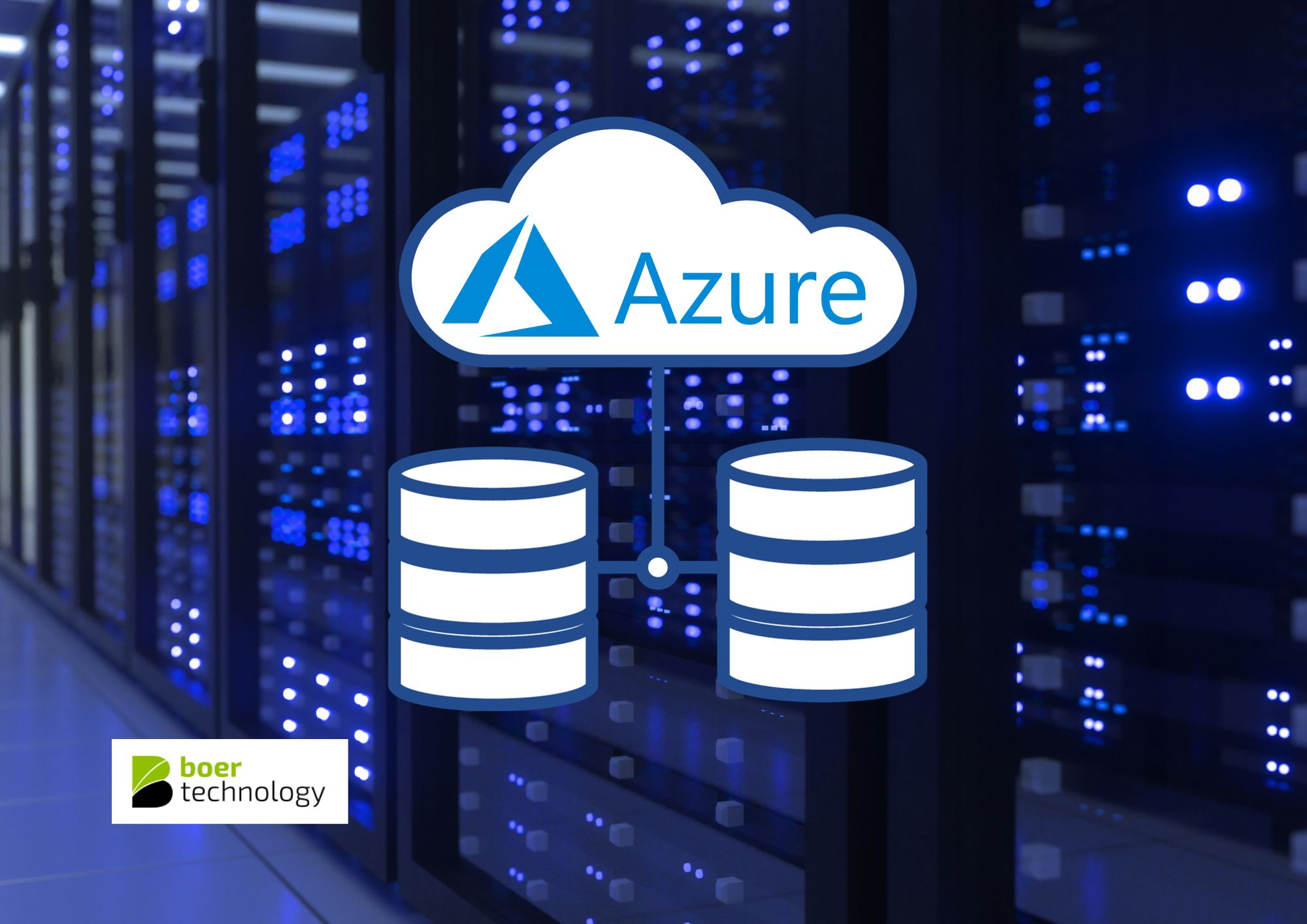In the world of cloud computing, one size does not fit all. As businesses expand and diversify, the need for multi-cloud solutions has become increasingly evident. Multi-cloud strategies offer flexibility, redundancy, and the ability to optimize services based on specific requirements. Microsoft Azure, a leading cloud platform, has emerged as a valuable player in the multi-cloud ecosystem, offering a range of features and services that empower organizations to navigate the complexities of a multi-cloud world.
The Rise of Multi-Cloud Environments
The concept of multi-cloud revolves around the idea of using multiple cloud providers to meet diverse business needs. It's about choosing the best cloud services from different providers to address specific requirements, rather than relying on a single cloud platform. This approach has gained popularity as organizations aim to mitigate risks associated with vendor lock-in, enhance resilience, and ensure compliance with regional data sovereignty regulations.
Multi-cloud deployments have several advantages, including:
-
Redundancy: By distributing workloads across multiple cloud providers, businesses can reduce the risk of downtime due to provider outages or other unforeseen issues.
-
Flexibility: Different cloud providers offer varying services and pricing models, allowing businesses to tailor their cloud environment to their exact needs.
-
Geographic Reach: Multi-cloud enables organizations to host data in multiple geographic locations, facilitating compliance with data sovereignty laws and providing low-latency access to users.
-
Cost Optimization: Businesses can leverage the cost advantages of each cloud provider, taking advantage of discounts, credits, or specialized services.
Microsoft Azure in a Multi-Cloud World
Microsoft Azure, with its comprehensive suite of services and extensive global reach, is a versatile choice for organizations embarking on a multi-cloud journey. Here's how Microsoft Azure fits into a multi-cloud environment:
-
Hybrid Cloud Integration: Azure provides robust hybrid cloud capabilities, allowing seamless integration between on-premises data centers and Azure-based resources. This feature is invaluable for organizations looking to maintain a hybrid cloud architecture while utilizing other cloud providers.
-
Global Data Center Presence: Azure's widespread global data center network is ideal for organizations looking to expand their geographic reach. By pairing Azure with other cloud providers, businesses can create a network of data centers that spans the globe, providing low-latency access to users and meeting data sovereignty requirements.
-
Interoperability: Azure supports various open-source technologies and standards, enabling smooth interoperability with other cloud providers and on-premises environments. This flexibility simplifies the integration process in a multi-cloud setup.
-
Azure Arc: Azure Arc is a powerful management tool that extends Azure services to other cloud platforms and on-premises environments. It allows organizations to manage resources and apply Azure policies across multiple clouds from a centralized location.
-
Security and Compliance: Azure offers robust security features and compliance certifications, making it a reliable choice for organizations operating in regulated industries. By using Azure alongside other cloud providers, businesses can ensure compliance with industry-specific and regional regulations.
Real-World Applications of Microsoft Azure in Multi-Cloud
Let's take a look at a few real-world scenarios where Microsoft Azure shines in a multi-cloud context:
-
Disaster Recovery: By replicating critical workloads on Azure and another cloud provider, businesses can ensure data redundancy and disaster recovery capabilities. Azure's Site Recovery service simplifies the process of replicating and failing over workloads to Azure.
-
Data Analytics: Azure's powerful data analytics tools, such as Azure Synapse Analytics and Azure Databricks, can be paired with other cloud providers' resources for comprehensive data processing and analysis, making it easier to manage and gain insights from large datasets.
-
Machine Learning: Azure's machine learning services and tools provide a rich environment for developing and deploying machine learning models. By integrating Azure Machine Learning with other cloud resources, businesses can harness the best of both worlds.
-
Application Hosting: Businesses can use Azure's extensive PaaS (Platform as a Service) offerings to host and scale applications, while also leveraging other cloud providers for specific services like content delivery or database hosting.
Conclusion
Multi-cloud is more than just a trend; it's an operational necessity for many organizations. Microsoft Azure, with its broad set of services, global presence, and hybrid cloud capabilities, has emerged as a formidable choice for businesses pursuing multi-cloud strategies. By combining Azure's strengths with those of other cloud providers, organizations can create a resilient, flexible, and optimized cloud environment that meets their evolving needs and empowers them to thrive in today's competitive digital landscape. Whether it's disaster recovery, data analytics, machine learning, or application hosting, Azure's multi-cloud compatibility is a powerful asset for organizations navigating the complex terrain of modern cloud computing.
Read Also: SUSE IN THE CLOUD: A POWERFUL PARTNERSHIP FOR MODERN IT
Read Also: OPENSTACK: ENABLING CLOUD MIGRATION
